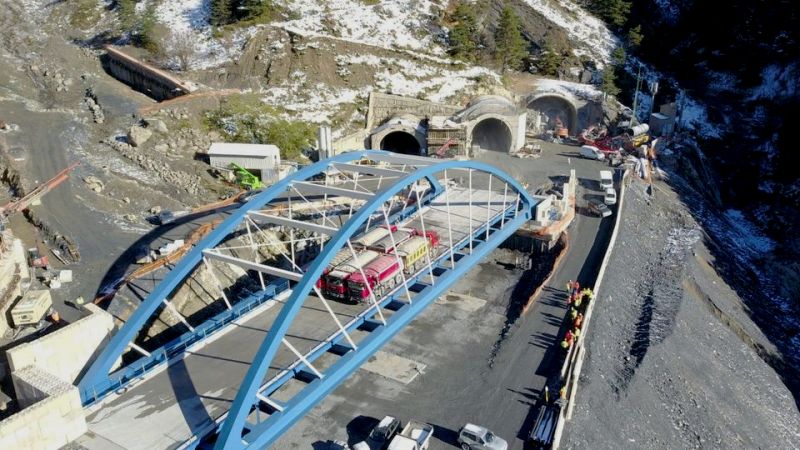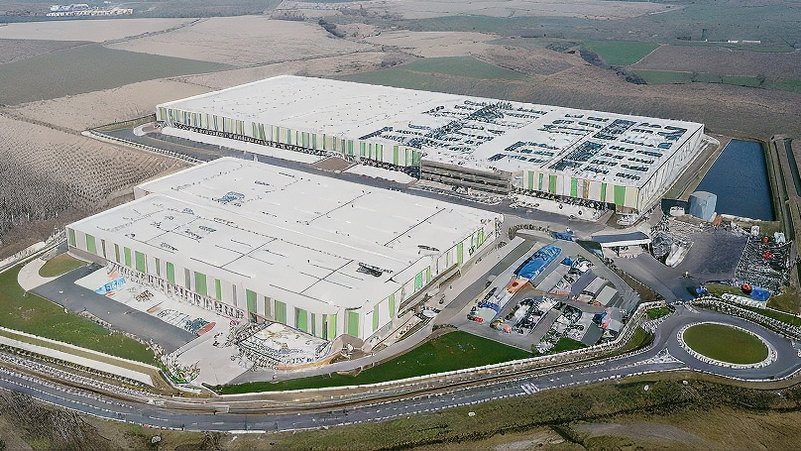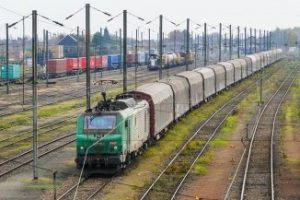The Port of Rotterdam, Europe's leading cargo gateway, continues to experience a downturn in container handling. In 2023, it processed 13.4 million TEUs, down seven percent from the previous year. While there was a one percent increase in the number of container vessel calls, the cargo loads decreased by 7.8%. This negative trend is even more pronounced when compared to 2021, when the Dutch port reached a record volume of 15.3 million TEUs. According to the Port Authority, "the main reasons include a decrease in consumer spending, reduced production in Europe, and the halt of volumes to and from Russia due to sanctions."
Ro-ro traffic also exhibited a significant decline, with a five percent reduction. The Port Authority attributes this to the weak British economy and a decrease in consumer spending in Europe. It's noteworthy that the decline in container freights has impacted the traffic of certain bulk products, as "more goods are shipped in containers rather than as break bulk." Furthermore, "disappointing demand in Europe due to inflation and rising interest rates has resulted in many stocks being left in break bulk terminals for extended periods, leaving less room for the acquisition of additional goods."
For 2024, the Port Authority has not made predictions due to variable factors such as "geopolitical developments and the upcoming elections in several countries." The Dutch port will continue implementing various projects already started or planned, focusing primarily on green energy production and intermodality. These include the construction of Phortos (the CO2 transport and storage facility), hydrogen production plants, bio-refineries, the Maasvlakte-Zuid rail terminal, and the Princess Alexia viaduct on the Maasvlakte.
In line with efforts to reduce environmental impact, work will continue on providing shore-side electric power for container ships, ro-ro, and cruise vessels. Activities related to the use of new renewable fuels will also advance, along with investments in charging infrastructure for electric trucks, to meet the anticipated demand for sustainable road transport.



































































